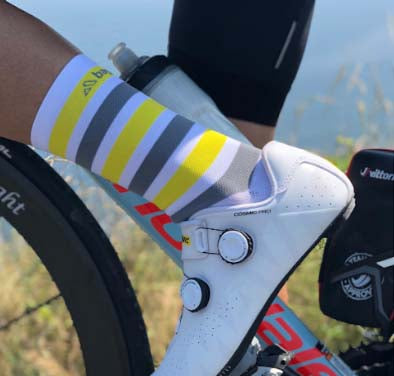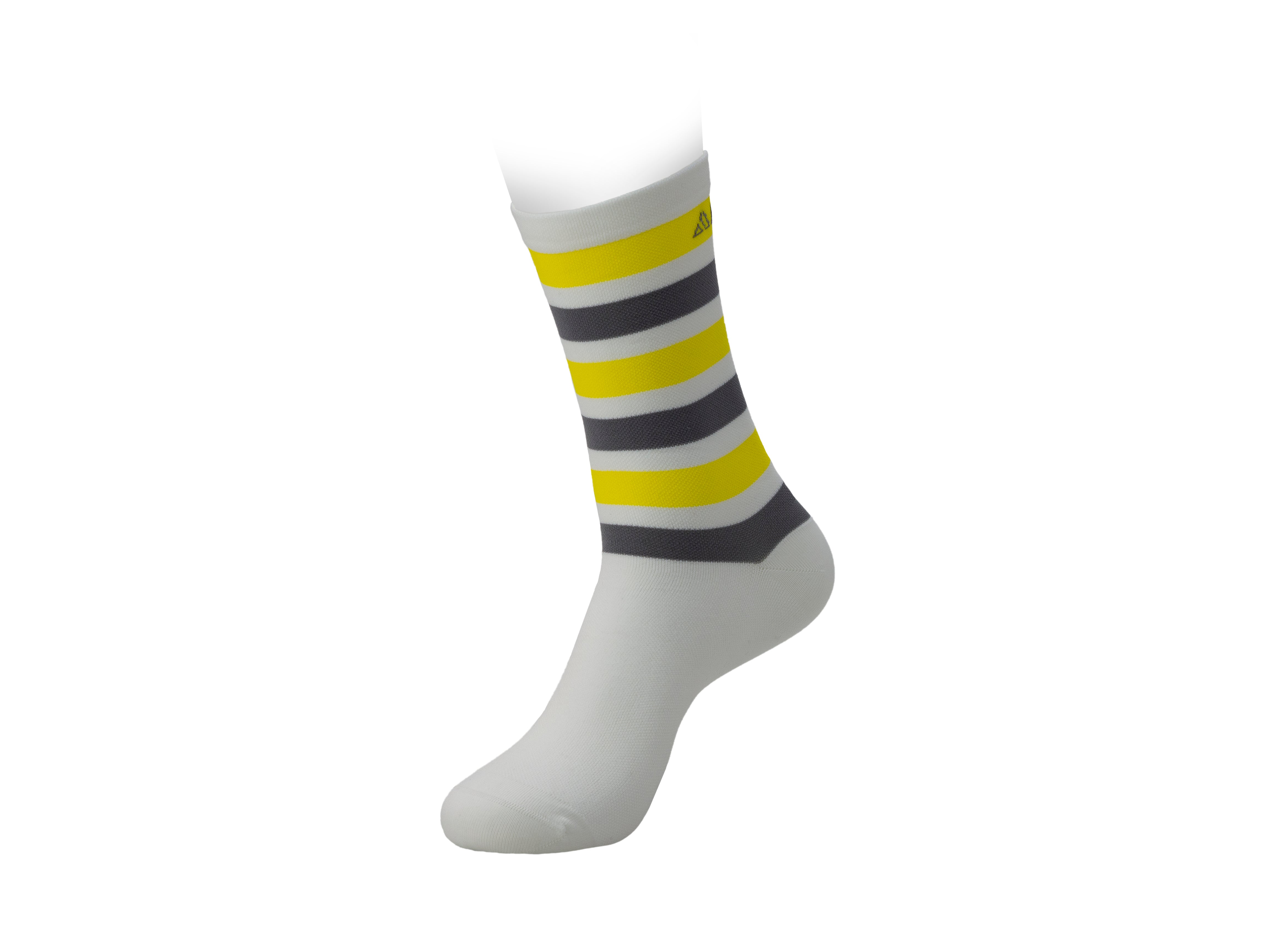
Many of you have asked yourselves this question. Surely after suffering a fainting spell, a fainting spell, an upset stomach, or simply because the "sledgehammer guy" came to visit you at the worst possible time. Some say, "Take this, it'll do you good," others say, "I always eat this for breakfast, and it's great for me."
And while they're certainly right (each person's taste is different), we want to share with you some simple guidelines that will help you enjoy cycling more and better. It's just a matter of a certain amount of discipline and a clear understanding of a few concepts. Ready?
Before going out on the bike
You should eat mostly carbohydrates. If you're leaving in the morning, it's ideal to do so three hours beforehand (or even earlier if you're going on a long run or a major event), but since we don't always want to get up early, a light breakfast of toast, fruit (a half-ripe banana, for example), and cold cuts can work. The base should be carbohydrates, with very little protein and fat.
If you've set your goal of finishing a cycling race, which requires more preparation, you should try to replenish your muscles and liver's carbohydrate stores during the week leading up to the competition to maximize your energy reserves. Ideal intakes for these pre-race meals would be carbohydrates (65-75%), 15-20% fat, and 10-12% protein. You should also stay well hydrated (preferably a significant amount of water and avoid alcohol, carbonated beverages, and sugary drinks).

A proper diet is not going to replace incorrect training or a sub-optimal physical condition, but an inadequate diet can ruin your good physical condition and harm your performance, whether you are pros or simple amateurs.
Eye to the Fasting : Those who eat a small dinner or little or no breakfast before a long training session or a competition are more likely to develop hypoglycemia (low blood glucose or sugar) during physical exertion... and that never ends well. You've probably heard of fasting training: our recommendation is not to do it on your own and to always consult with professional physical trainers who can assess your case. These are normally done for a maximum of one hour and are not recommended for cyclists who are not in great physical condition.
After riding the bike
The goal here is to replenish glycogen stores (liver and muscle) and fluid losses due to obvious dehydration. In the 30-40 minutes after exercise, it's a good idea to consume carbohydrates (pasta, rice, baked or boiled potatoes, etc.) and recovery drinks. Avoid fats; they will slow down carbohydrate replenishment after exercise and may cause stomach upset. Drinking water is beneficial, but it's not ideal because it increases diuresis. As we've seen, a drink with electrolytes, carbohydrates, proteins, etc. is much better. Surely some of your fellow group members will call you "specialists" for drinking these drinks... they're missing out. Taking care of yourself and recovering sooner will allow you to perform better workouts in the following days and feel much better.
And beer? We're not going to be the ones to tell you not to have that obligatory beer after your bike ride. Honestly, if you're not a professional, it's fine, but drinking alcohol before or after is not recommended, as it promotes dehydration, which goes against the idea of rehydrating and recovering what you've lost during exercise. Many professionals are fine with it... you decide!

And during… What?
Just as important as the before and after is the during. You should consume about 40-60 grams of carbohydrates per hour (this will vary depending on the intensity), which you can find in fruit, gels, or bars. It's important to choose the product you consume carefully, the more natural the better, and fruit always works well for this. Adding a couple of bananas or some dates to your jersey will always do you good.
The other key point is hydration. We've put it in bold, but it would also be worth it in capital letters: HYDRATION (note its importance). By the time you feel thirsty, you'll already be dehydrated, so you need to anticipate it and take sips every 15-20 minutes.
To replace the electrolyte and fluid loss caused by sweat, isotonic drinks are your best ally, and they also provide carbohydrates. Be careful! Distinguish between isotonic drinks and pseudo-sports drinks with a high amount of sugar (especially white sugar); avoid the latter. If you're going to participate in an event, a good idea is to drink between 200 and 300 ml of fluid every 15 to 20 minutes, and in very hot weather, increase your intake to about 400 ml.

What to do if I have a cramp
Anyone who says they've never experienced this unpleasant sensation is lying. Dehydrated muscles are a potential candidate for cramps and injuries such as muscle tears, muscle strains, etc. A suboptimal state of fitness and overheating the body are also a potential candidate for injuries we're not prepared for.
There's no effective remedy to make cramps disappear, so it's advisable to avoid the physical stress that trigger them. Following the nutrition guidelines we've covered in this article is the best way to prevent them. Even so, if they occur, it's advisable to take a break for a reasonable amount of time (until the acute pain subsides) or slow down and hydrate properly (with water and minerals). If the cramp is very intense, you definitely have to stop. Take it easy.
The same goes for the dreaded "flashes," which are simply hypoglycemic episodes, as we've seen before. If they appear, stop immediately, hydrate, stay out of the sun (if it's summer) or bundle up if the temperatures are low, and eat glucose-rich foods like fruit or a trusted bar or gel.

Common sense
Sometimes, applying it doesn't seem as simple as it should be. For example, don't even think about changing your routine or trying foods you haven't previously tested to ensure they won't harm you during your bike rides. Always carrying a piece of fruit, an energy bar, or gel (your jersey pocket is the place for it) is another must. Hydrating (and eating solid foods) during your ride and staying ahead of dehydration will make you stronger in the face of tough times. It's also common sense to be careful about what you eat and drink after exercise.
Now it's your turn. A few simple tips, a little more caution, and common sense will help you on your next bike ride. Good luck!


